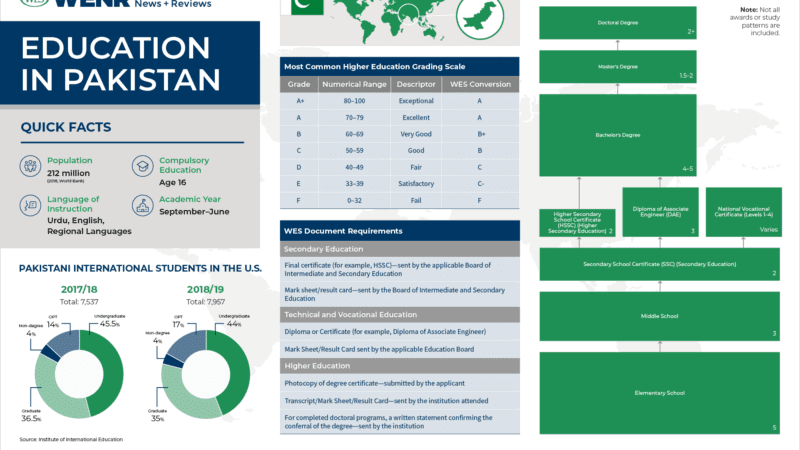“Government vs. Private Startup Ecosystem Rankings: A Comparative Analysis”

When comparing government-backed startup ecosystem rankings with those from private organizations, it’s important to understand the distinct methodologies, objectives, and perspectives each brings. Here’s a breakdown of how these two types of rankings differ, and how their unique approaches contribute to shaping the startup ecosystem narrative.
1. Objectives and Intent
Government Startup Ecosystem Rankings:
– Typically, the goal of government-backed rankings is to promote national competitiveness, attract foreign investment, and foster local entrepreneurial talent.
– Governments often focus on broader economic and social indicators such as job creation, economic contribution, and innovation ecosystems.
– The rankings may also serve as a tool for policymakers to gauge the effectiveness of initiatives aimed at nurturing startups and improving business conditions.
Private Startup Ecosystem Rankings:
– Private rankings, like those by *StartupBlink*, *Startup Genome*, or *Crunchbase*, are usually conducted by research institutions, media outlets, or consultancy firms.
– Their goals often revolve around providing insights to investors, entrepreneurs, and stakeholders about the best locations for starting and scaling businesses.
– These rankings are driven by a market-oriented approach and tend to focus more on market dynamism, innovation, funding availability, and scalability.
2. Methodology and Criteria
Government Rankings:
– Government rankings often rely on public statistics such as GDP contribution from startups, employment numbers, patent applications, and research output.
– In some cases, governments may use more qualitative measures like the effectiveness of startup incubators, business regulations, and incentives available to entrepreneurs.
– Data sources include national statistics bureaus, regulatory bodies, and academic institutions.
Private Rankings:
– Private rankings often use a mix of quantitative and qualitative metrics. These include the number of startups, investment levels, global connections, access to capital, talent availability, and market reach.
– They are more likely to incorporate real-time data from venture capital deals, funding rounds, and innovation indices.
– Many private firms use data collected from their own networks or partner platforms, allowing them to offer a more dynamic view of the startup landscape.
3.Focus on International Competitiveness
Government Rankings:
– Government reports are typically more inward-looking, focused on national policies and comparing themselves to international benchmarks in key areas.
– The intention is to identify gaps in competitiveness and promote initiatives to boost domestic ecosystems.
– They might also emphasize local or regional strengths, aiming to draw attention to niche sectors like fintech in Singapore or biotech in Switzerland.
Private Rankings:
– Private sector rankings tend to be more comparative, with a focus on highlighting globally competitive ecosystems like Silicon Valley, London, or Tel Aviv.
– They provide a snapshot of which cities or countries offer the most opportunity in terms of startup growth, making them useful for businesses looking to expand internationally.
4. Perception of Bias
Government Rankings:
– Government-backed rankings may be criticized for presenting an overly optimistic or skewed perspective, particularly when their goal is to attract foreign investment.
– There may also be concerns about political bias in how the data is presented, especially in less transparent countries.
Private Rankings:
– Private rankings might be perceived as more neutral, but they can also reflect the biases of their sponsors or research focus.
– These organizations may prioritize certain regions or industries that align with their business interests, leading to variations in the rankings depending on who is publishing them.
5. Utility for Stakeholders
Government Rankings:
– Useful for policymakers, educators, and local entrepreneurs, government rankings can serve as a guide to improving national competitiveness or aligning economic policies with startup growth.
– These rankings may also help smaller, local startups understand where government incentives can be best utilized for their advantage.
Private Rankings:
– Investors, multinational corporations, and international startups often rely on private rankings for insights into where to set up operations, where the most vibrant ecosystems are, and which regions offer the most growth potential.
– These rankings offer a more practical and actionable guide for businesses looking to navigate the global startup ecosystem.
6.Examples of Government and Private Rankings
Government Rankings:
– Global Innovation Index (GII) by the World Intellectual Property Organization (WIPO) is often backed by several governments and focuses on innovation-driven ecosystems.
– National-level rankings or reports, such as *India’s State Startup Ranking* by the Department for Promotion of Industry and Internal Trade (DPIIT), which is used to rank states based on their startup ecosystems.
Private Rankings:
– Startup Genome’s Global Startup Ecosystem Report is one of the most referenced private rankings, analyzing the top global ecosystems based on startup success factors like access to funding and talent.
– StartupBlink, which maps startup ecosystems worldwide, provides a detailed view of how different cities and countries compare on startup activity.
Conclusion
In summary, while both government and private startup ecosystem rankings provide valuable insights, they serve different audiences and purposes. Government rankings are more policy-focused, aiming to showcase the economic impact of startups and identify areas for improvement. In contrast, private rankings are more dynamic and market-oriented, providing practical guidance for investors and entrepreneurs looking for the most promising ecosystems globally. Depending on the specific needs of a startup, investors or policymakers, one ranking type may offer more relevant insights than the other.





